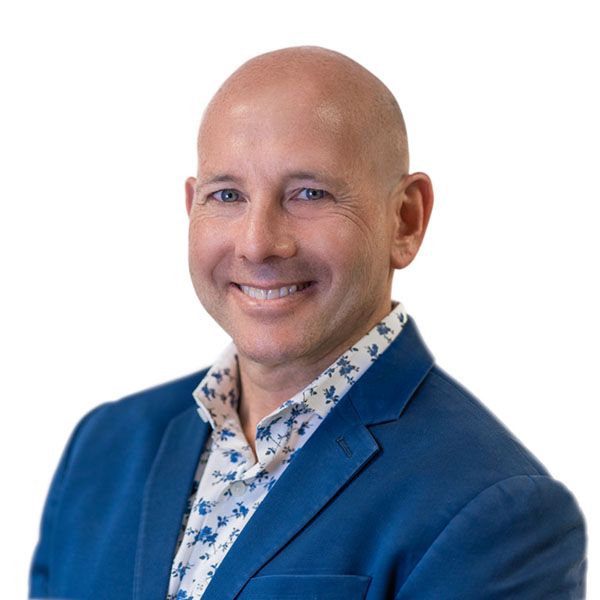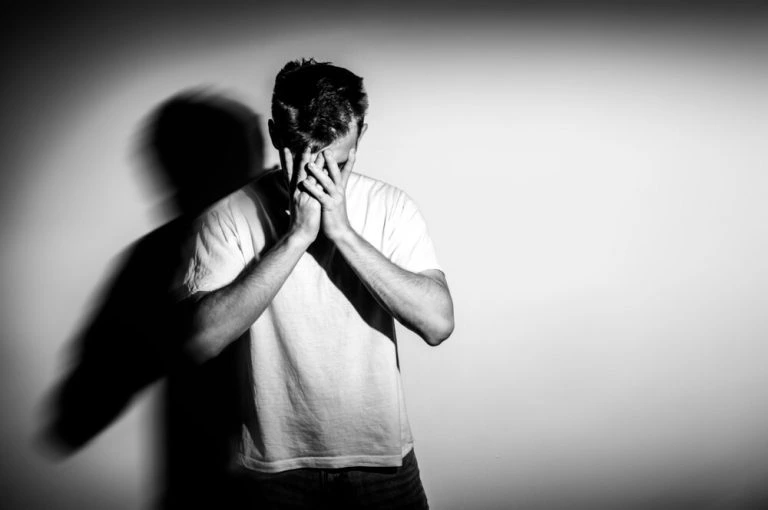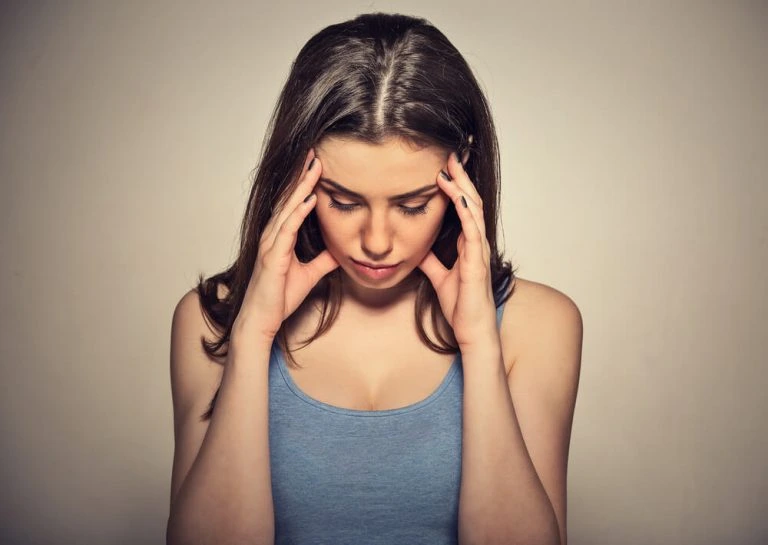Fighting Depression in Addiction Recovery & Ways to Find Help
When someone you love goes through addiction treatment, you often want to focus as much energy as possible toward battling their condition. But for many people, addiction doesn’t live in isolation — which means you need to fight multiple disorders at once.

According to the Substance Abuse and Mental Health Services Administration (SAMHSA) 2019 National Survey on Drug Use and Health, over 60% of individuals ages 12 or older with a mental health disorder also engage in drug, tobacco, or alcohol use1. Struggling with addiction and a mental health condition is known as co-occurring disorders, and one of the more common mental health struggles that people with substance use disorders face is depression.
Addiction and depression is fairly common, and there are many rehab specialists who can provide the help necessary for patients with co-occurring disorders. However, depression and addiction can make recovery more challenging for yourself or your loved ones.
Today, let’s discuss how to help someone with drug addiction and depression.
Depression and Addiction
Depression is one of the most common mental health disorders in the United States, affecting about 21 million adults (8.4% of the population)2. This condition is notable for affecting the way a person thinks, feels, and behaves, making them more susceptible to feelings of sadness. Depression can deplete your energy, making it difficult to do your daily tasks, from going to work to simply getting out of bed! It can also drive many people to “self-medicate” with things like food, drugs, or alcohol.
As we mentioned earlier, depression and addiction are rather common co-occurring disorders. Research shows that about one-third of people with depressive disorder also struggle with addiction to drugs or alcohol3. And like many mental health disorders (including addiction), depression has seen a dramatic upswing since the start of the COVID-19 pandemic.
Research from Boston University shows that depression rates in the United States have tripled since March 20204. Similarly, a CDC survey reports that 13% of respondents who had a mental health condition either started or increased substance use during the pandemic5.
Depression can have a significant hold on a person — so much so, in fact, that many people wonder if depression can be an addiction. Luckily, this is not the case; depression does not affect your brain’s pleasure center, and therefore it cannot result in physical or mental dependence like drugs or alcohol.
What some people may perceive as “depression addiction” is often just a form of self-comfort. A person may be used to or resigned to the idea of themselves as a “depressed drug addict,” and their mental health deprives them of the motivation or energy needed to change that perception. This can make it easier to continue patterns that feed their depression and addiction — which ultimately makes recovery a greater challenge.
How Depression Affects Recovery
It is clear that conditions like depression and drug addiction are closely linked, and that treating one actually requires treating both together. For many, drugs and alcohol are a way to “cope” with their depressive feelings, which makes depression itself a substance use trigger.
Staying sober often means finding new ways to deal with your emotions, which can be especially difficult for people with depression. This is why people with depression are at a greater risk of relapse, and even have a higher risk for suicide attempts6. This is why individuals with addiction and depression need to be especially careful after receiving treatment. They may need to participate in outpatient rehab or other programs that can help them manage their co-occurring disorders.
Symptoms of Depression
Anyone can feel sad sometimes or have bad days, particularly when doing the tough work of addiction recovery. In many cases, those negative feelings subside with time — but for individuals with depression (particularly those with depression and addiction), feelings of despair or hopelessness can be incredibly damaging.
How do you know if your or your loved one is depressed? It’s important to keep a weather eye for some of the tell-tale symptoms of depression. These can include the following:
- Feelings of hopelessness
- Anxiety
- Appetite loss/weight loss
- Weight gain from emotional eating
- Over or under-sleeping
- Tearfulness
- Feelings of worthlessness
- Irritability
- Difficulty concentrating
- Loss of interest in hobbies or activities
- Suicidal ideations
There are several different types of depression, which can develop under vastly different circumstances. The most common forms of depression are the following:
- Major depression: A severe sadness that interferes with a person’s ability to live their life and typically occurs in waves over a person’s life.
- Persistent depressive disorder: A form of depression in which sad and hopeless emotions last for two years or longer.
- Postpartum depression: A form of depression that occurs after the birth of a child, which in severe cases can interfere with a parent’s ability to care for a child.
- Seasonal affective disorder: A form of depression that occurs during the winter months but subsides when the weather warms up in spring.
- Psychotic depression: A form of depression that also has symptoms like hallucinations or delusions.
- Manic-depressive disorder: A condition that causes emotional mood swings from extreme euphoria to deep depression.
While depression can affect anyone, there is a greater risk among certain individuals. Women are twice as likely to be depressed as men, and people with a family history of depression have a greater risk of developing the condition.
Depression can even be more or less likely depending on the kind of substances you’ve used; for example research on ecstasy use suggests that the drug can cause changes in brain chemistry that increase your risk for depression7.
Depression can also be a side effect of substance withdrawal. Substances like alcohol, opioids, and stimulants all affect your brain’s pleasure center, which can lead to lasting feelings of depression when the substances leave your system. Withdrawal-induced depression can last several weeks, and is yet another reason why it is so important to detox from alcohol or drugs while under medical supervision.
How to Get Help
The first thing that anyone should do if they want help for addiction and depression (their own or someone else’s) is call an expert. Treatment for co-occurring disorders can be very challenging, and it is important to find a rehab facility that knows how to help patients with depression. This is why it’s always best to start your search for a drug or alcohol rehab by calling Better Addiction Care.
When you call us, we will work with you to find a rehab program that’s ideal for your unique needs. We’ll learn about your substance use history, your medical history (including your mental health), your insurance provider, your recovery goals, and more to narrow your search to the treatment centers in your area that can give you the best foundation for recovery. We can even help you connect with the facility you select so you can begin the admitting process.
What to Expect
Once you or your loved one enroll in a rehab program, there are a few things you can expect from your treatment. Firstly, you’ll likely have to go through detox to ensure all substances are safely out of your system. After that, you can participate in an inpatient program, which typically involves group therapy and one-on-one counseling to help you learn how to overcome your addiction.
The greatest difference between typical addiction care and treatment for co-occurring disorders is in the type of counseling you will receive. Addiction specialists need to be very careful when treating individuals with addiction and depression; for example, they cannot prescribe patients the usual medications for depression and anxiety (known as benzodiazepines) because they can be addictive8.
Patients with co-occurring disorders often need extra treatment to learn the important skills and coping mechanisms they need to manage both conditions and maintain their mental health. They may transition to a sober living facility or another outpatient program after completing their rehab program, and they will certainly need the support of friends, loved ones, and professionals for long-term success.
If you or someone you care about is struggling with depression and addiction, know that you don’t have to go through this alone. Treatment is available, and recovery is possible. While living with co-occurring disorders is not easy, it is possible to regain control of your life, stand up to your condition, and live a healthy, happy, and sober life.
Call Better Addiction Care
Fighting addiction and depression is no small feat, and you or your loved one will need plenty of support. Better Addiction Care wants to be part of your support team by helping you find the best drug or alcohol addiction treatment for you.
Our treatment advisors are available to take your call any time, day or night, seven days a week. Calls are always free and 100% confidential, so you can reach out to us without a worry. If you or someone you love needs help battling addiction, Better Addiction Care is here to help you make a change and start the path to recovery.








